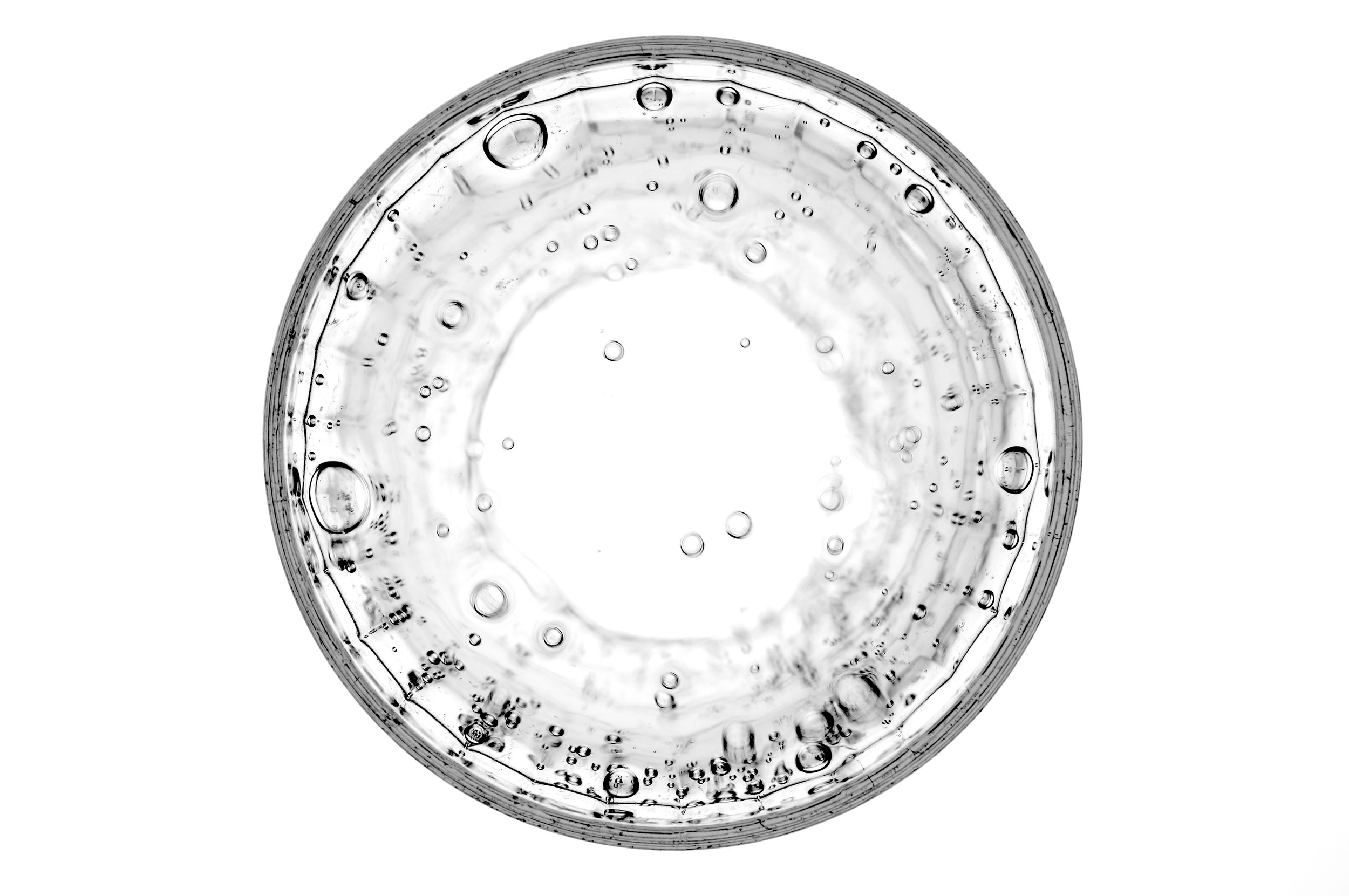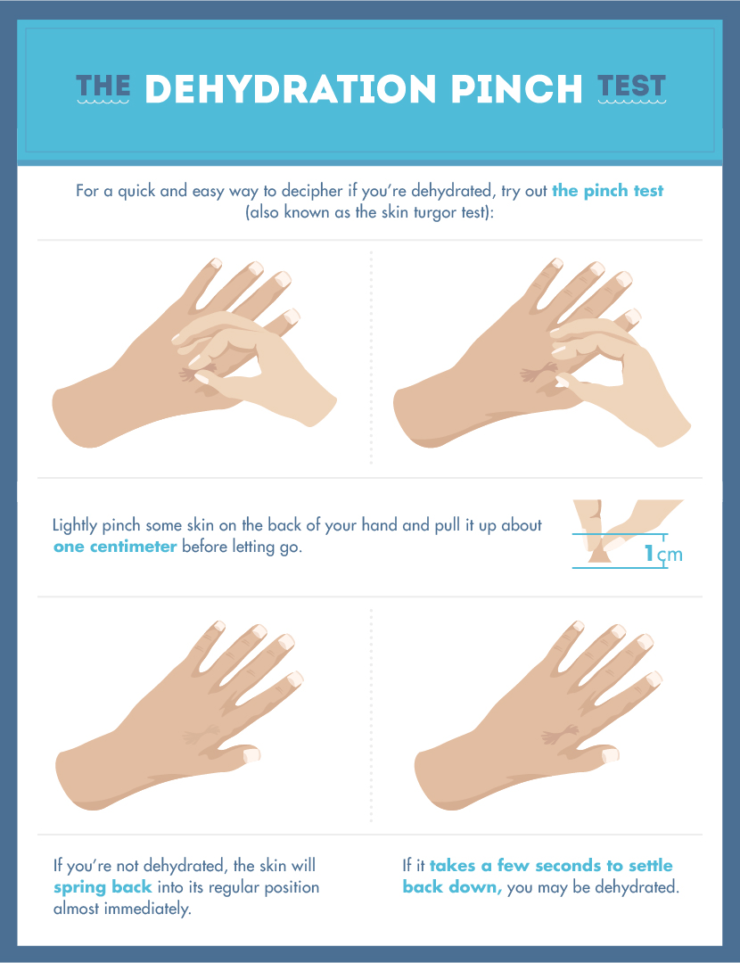Simple Strategies For Staying Active And Healthy On Vacation
Holidays and travel in general can be a challenging time to maintain consistency with your health and wellness. However, it can be easier than you think to maintain all the great progress you’ve been making at home with a few subtle shifts. So much of your success when getting thrown off your daily routine comes down to mindset, how you approach your travel, and having a plan. And you know I am ALL about balance. Use this guide to stay active and healthy over the holidays, on your next business trip, or your next vacation.
PLAN TO MOVE DAILY
Move daily – but don’t stress about your normal routine. Just choose activities that require movement. Moving for shorter bouts more frequently is more important than getting in long workouts.
This movement can be a family activity like a hike, or taking advantage of walking and exploring a city.
If you know you won’t be that active on certain days, plan to get up an extra 20 minutes earlier and get a quick full body workout in before you start the day.
(DOWNLOAD THESE BODYWEIGHT WORKOUTS)
Build time into your travel schedule – and let whoever you are traveling with know ahead of time so the expectations are set in advance.
Don’t forget to PACK YOUR WORKOUT CLOTHES.
SET YOUR NUTRITIONAL MINDSET
Think ahead and make a few simple preparations to set your nutritional mindset for your trip.
Think of what to “ADD” to your meals rather than what to eliminate. Make sure to incorporate greens and protein at every single meal and fill in the rest as desired. Eating foods with little nutritional value, meals lacking balance, or too little water can throw your body completely out of whack, causing bloating, constipation, and digestive issues.
Base your approach to food on respect for your body and how food makes you feel. Vegetables, high-quality protein, and fiber-rich whole grains fuel your body and give you sustaining energy that leaves you feeling good.
Yes, there are definitely foods that are just simply delicious and pleasurable — and you are on vacation and life is meant to be celebrated. Duh. No one wants to be told not to eat pasta in Italy or that slice of pumpkin pie for breakfast. Live your life, fuel your body well, and remove the guilt from your thought process. It’s ok to indulge, it all comes down to finding balance in the day to day.
HYDRATE, HYDRATE, HYDRATE
Drink plenty of water, especially mid-flight or staying at a high-altitude destination where air is dry and dehydration can cause jet lag and altitude-related illnesses.
Bring a water bottle with you to the airport and fill it up after you get through security and before boarding your flight. Drink the entire thing. Yes, I want you to get up and use the restroom. You can use that time to stretch your legs. And if you can, try to avoid alcohol mid-flight as well as those salty snacks.
And drink before meals and snacks to help prevent over-consuming.
IN-FLIGHT TIPS
Be prepared and pack your own snacks that fall in line with your current eating since healthy options may not always be available. Pack along nuts, fresh fruit, Rx protein bars, nut butter packets, collagen protein packets, greens powder packets, oatmeal cups, etc.
RELAX — Take a few minutes to do deep belly breaths in your seat to calm the nervous system and bring about relaxation. Bring one hand onto your belly and close your eyes. Take a deep breath in and expand your belly into your hand, feeling your ribs expand and your low back press toward the seat. Pause when you are full. Slowly exhale the breath out until you are empty, drawing the navel in and up and pause. Repeat for 2 minutes.
STRETCH — Being stuck on a plane or in a car for an extended period of time can leave muscles feeling tight and achy. Book an aisle seat so you can get up frequently and do these stretches or do them right in your seat. Make it a goal to get up once an hour to do a full body stretch and be the person in the back of the plane stretching their legs, back and shoulders. Your body will thank you — everyone else will be envious.
Seated Figure 4 — Cross right ankle over left knee and sit up tall to lift chest while tilting your tailbone back behind you to anteriorly tilt the pelvis and enhance the stretch. Hold for 30-60 seconds and switch sides.
Eagle Arms Shoulder and Upper Back Stretch — Sit up tall in your seat and hook right elbow underneath left elbow and cross forearms to clasp hands. Squeeze forearms together as you draw shoulders down away from ears and lift fingertips up towards ceiling while dropping chin down. Hold for 30 seconds and switch sides.
Seated Trunk Rotations — Sit up tall in the middle of your seat and turn your torso to the right to place both hands on the armrest, keeping hips forward. Hold spinal twist for a few deep breaths and repeat on the other side.
Ankle Circles — Lift right foot off the floor slightly and keeping leg still, draw the largest clockwise circle that you can with your toes and repeat 5 rotations before switching to counterclockwise and then switch ankles.
Neck Circles — Engage your core and sit up tall. Keeping your torso and shoulders still, draw your chin down towards your chest, turn/rotate your chin towards your right shoulder, draw right ear towards right shoulder, extend neck back and around until left shoulder moves towards left ear, drop chin down towards shoulder and rotate back to neutral and reverse direction. Repeat twice in each direction.
Forward Fold — hinge at your hips and fold forward, hanging and holding opposite elbows. Relax shoulders, neck, and low back and take a few deep breaths.
Hip Flexor Stretch — Stand with left foot forward and right foot back about 2 feet apart with toes pointing forward. Tuck pelvis under into a posterior tilt, engage abdominals and gently shift hips forward slightly as you reach up through the right arm as high as you can. Repeat movement for 5-10 repetitions and switch sides.
POST-FLIGHT TIPS
Getting in a short and easy full body workout when you arrive at your destination has been proven to reduce fatigue and jet lag. A post-flight workout that falls within 24 hours of flying should be on the mellow side and purely just to bring movement and energy into the body. Think gentle mobility movements to warm up, 4-5 easy bodyweight exercises and a few stretches and belly breathing to cool down.
HEALTHY TRAVEL RECAP:
Move daily
Eat protein and greens at every meal
Hydrate
Pack healthy snacks
Drop the guilt and enjoy yourself
Stretch on the plane










